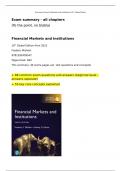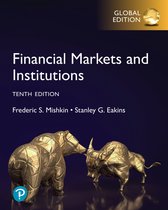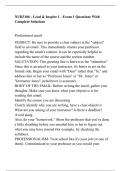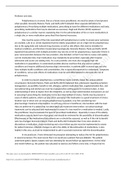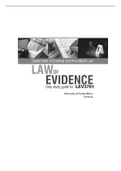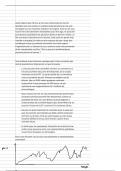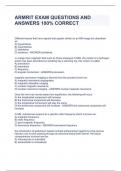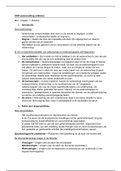Samenvatting
Exam summary Financial Markets and Institutions 10th Global Edition - All chapters + common exam questions test + core concepts explained
- Instelling
- Leiden University College The Hague (LUC)
No time to read the book? This is the complete, to the point summary of the 10th edition. I'd say reading time 40 pages about 90 minutes. I've added an extensive test with 88 Q&A, answers separate. Also a list with 55 most important core concepts you must know. Great time saver.
[Meer zien]
